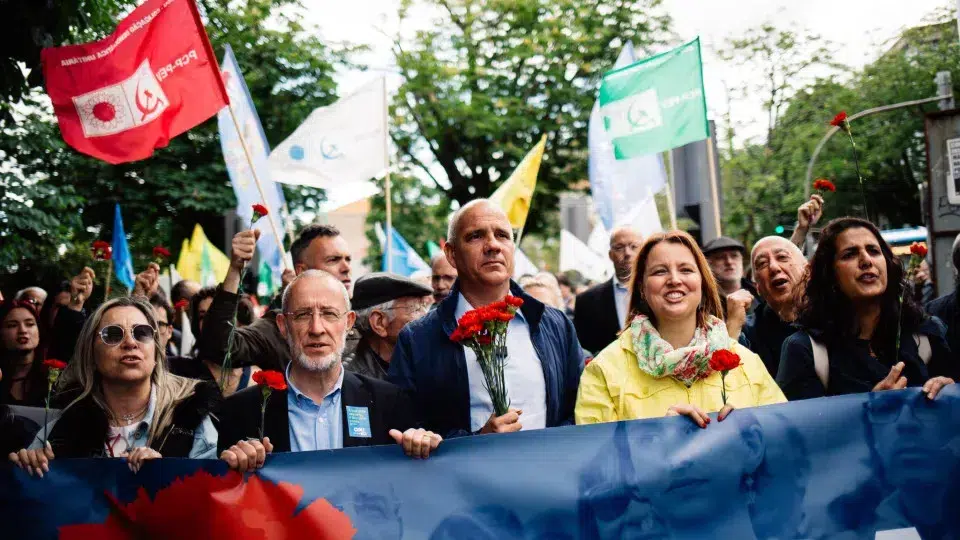
“One of the major issues in Portuguese politics is the tendency to want to change things radically instead of analyzing and then improving what already exists.
Currently, there is talk of changing the municipal electoral law, with a National Association of Municipal Assemblies calling for legal alterations.
In typical Portuguese fashion, there are associations for just about everything. I suggest creating an association for parliamentary deputies, another for municipal deputies, and another for parish deputies. Additionally, why not an association for government members and even an association of former officials. It seems endless!
In a country where everyone wants to be the president of something to feel important, to speak out, and to voice unfounded opinions, this is a recurring issue.
The problem in a municipal chamber is that opposition councilors are neither full-time nor part-time and only receive attendance fees, which do not allow them to make a living, requiring them to seek employment elsewhere. I recall Francisco Assis running for Porto City Hall; he lost but was a Member of the European Parliament.
It is humanly impossible to mount serious opposition under such conditions. So what needs to change? Proper remuneration is necessary for those who comprise the opposition, namely opposition councilors. In Parliament, all deputies receive equal pay.
If the formation of the municipal executive is determined by those elected to the municipal assembly without opposition councilors, the municipal assembly would cease to effectively oversee, demand accountability, and, in essence, no longer provide genuine opposition. I would only support this if municipal deputies were properly compensated, but this is not the case; they only receive attendance fees, which is a mockery.
I am completely against this unfounded idea. Municipal elections should remain as they are, providing financial and human conditions for councilors to perform their opposition roles effectively.
An opposition councilor without a portfolio only receives a small attendance fee per meeting, which is insufficient to cover a decent meal.”




